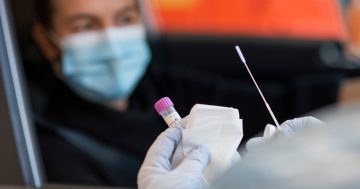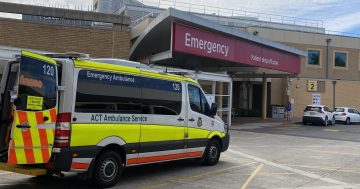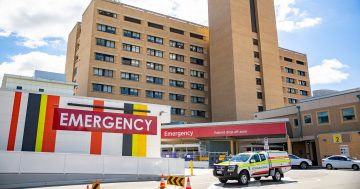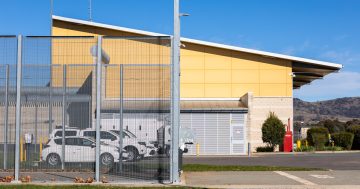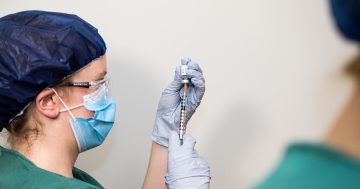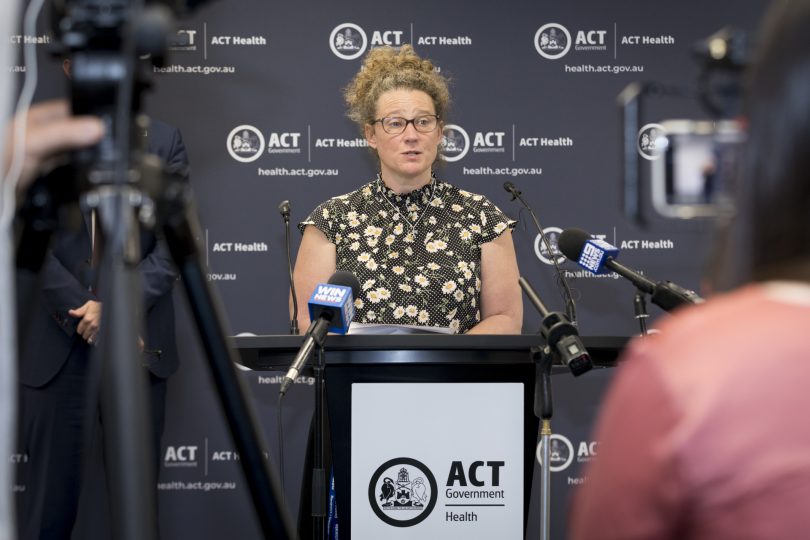
After almost four weeks without a new confirmed case, Dr Kerryn Coleman may have given her last coronavirus update. Photo: File.
In a sign that the ACT has turned a corner in the fight against COVID-19, ACT Health will no longer hold daily coronavirus updates unless there are significant developments in the Territory.
It’s been almost four weeks since the ACT recorded a new case of COVID-19 and the ACT is slowly easing lockdowns.
“Regular case updates will no longer be issued unless there are developments,” ACT Health said in its daily update.
“Testing figures will still be updated each day on the ACT COVID-19 website www.covid19.act.gov.au.”
The number of tests continues to be high. In the past 24 hours, 305 test results have been received for a total of 799 in the past 48 hours. In total, the ACT has recorded 17,267 negative tests.
“The past 48 hours have been our busiest period of testing since we began local testing for COVID-19 in the ACT in February,” ACT Chief Health Officer Dr Kerryn Coleman said.
“A significant portion of our high test figures over the last two days has been from testing conducted on our returned Australians who have been in hotel quarantine since last Friday.
“The decision to conduct voluntary testing for our returned Australians, who will finish their two-week quarantine periods at midnight tomorrow (Friday, 29 May), was based on the national guidelines for testing. All returned negative results.”
Dr Coleman said that although it had been more than three weeks since the last active case in the ACT, and there has been no evidence of community transmission, she reminded the community that testing remains the best way to know if COVID-19 is active in the community.
Dr Coleman was also mindful of lifting restrictions too soon.
“All of this means we are now able to further ease restrictions in a way that is best suited to the unique circumstances of our city. However, we must not move too quickly if we want to maintain the very good position we find ourselves in.
“Although these measures have unfortunately seen a number of businesses and industries impacted, and much-loved social activities halted, the last couple of months have provided critical time to allow our health system to prepare to manage people who become unwell with this disease.
“We want Canberrans to be able to return to their normal lives as much as possible while ensuring there are appropriate measures in place to keep everyone in our community safe and healthy. But easing restrictions must happen in a gradual way. We know that three to four weeks between stages is a good amount of time to wait because this is one to two full incubation periods for the disease – time that will give us the ability to detect increasing risk or cases,” Dr Coleman said.
She said evidence shows that the movement and gathering of people who do not know each other are the greatest risk to outbreaks of the highly infectious disease.
“That’s why reopening of multiple businesses and facilities and recommencing social and sporting activities all at once, or moving too quickly, poses potential significant public health risks for our community.
“As we see people moving about their daily lives more freely, there is a cumulative effect of larger gatherings, multiple social networks, more interactions and more co-mingling that we need to monitor carefully.”
While symptoms vary, the most common symptoms include fever, shortness of breath, sore throat and cough. Other symptoms include the sudden onset of loss of smell, loss of taste, runny nose, muscle pain, joint pain, diarrhoea, nausea, vomiting or loss of appetite.
Dr Coleman said that while restrictions have eased, people’s responsibilities to maintain social distancing remains in place.
“We know people are eager to leave their homes and it is understandable that people want to get out and about; however, we must remember that it only takes one person with COVID-19 to come into contact with others to create a cluster and potentially start a new wave of COVID-19.
“We don’t want to go backwards so it is important people don’t become complacent or careless with their actions,” Dr Coleman said.












